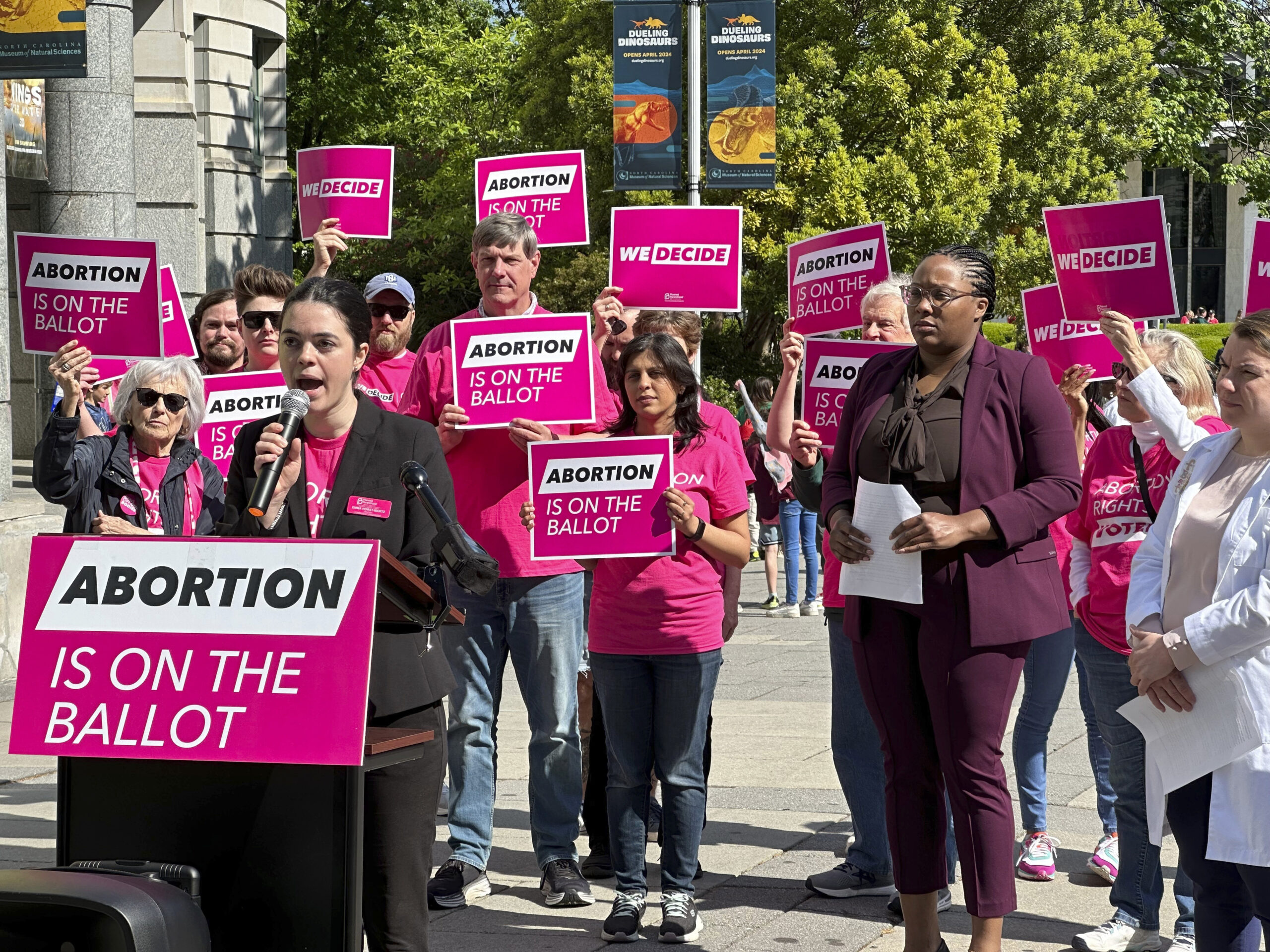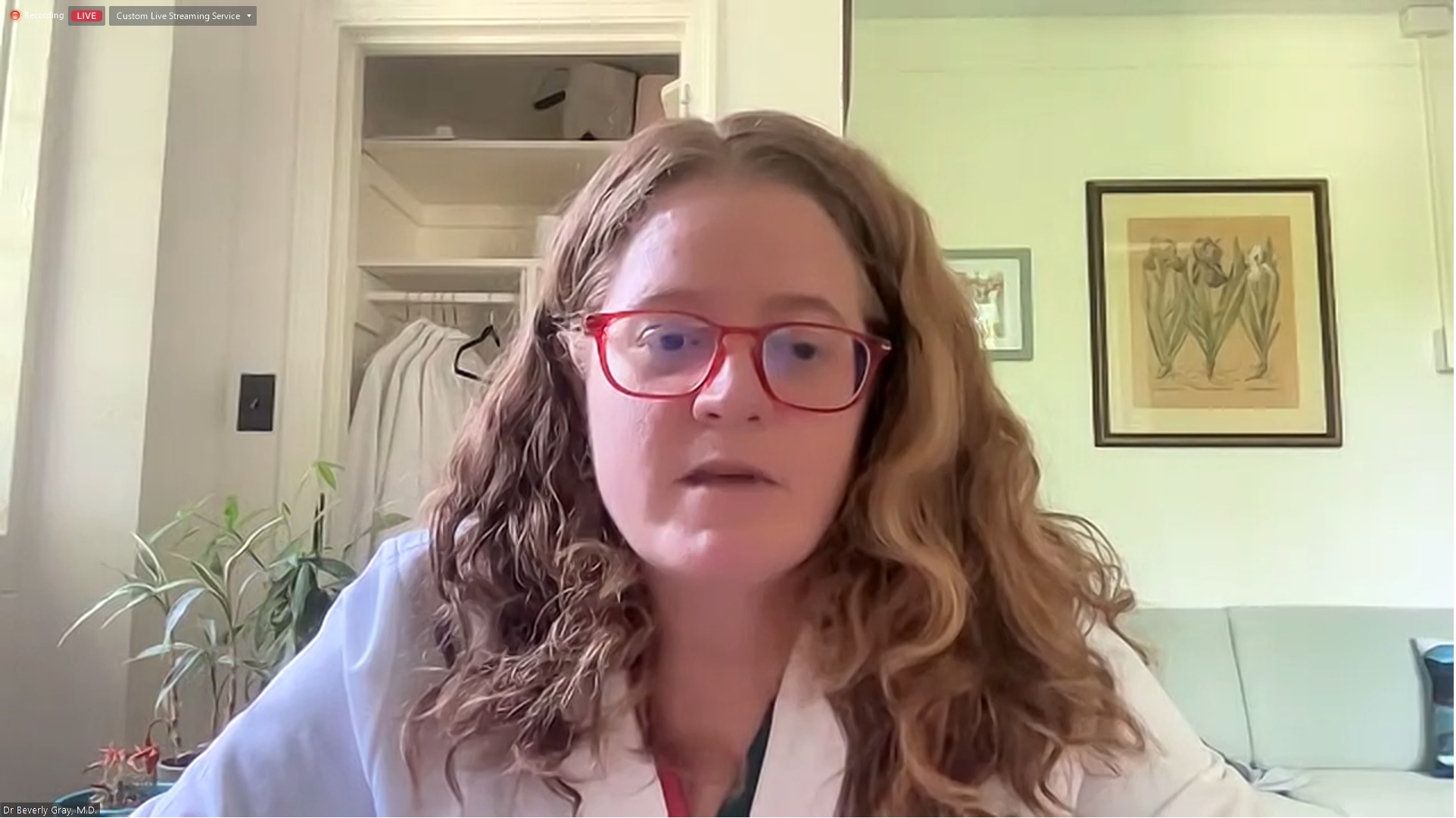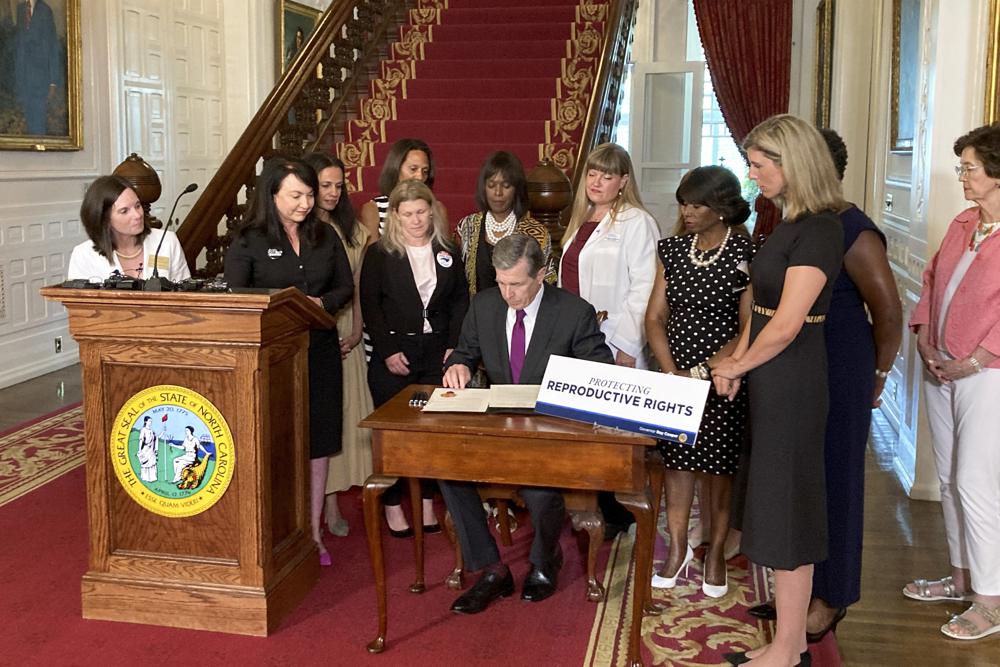In light of a new Texas law outlawing abortion as early as six weeks into a pregnancy, in this edition of Addressing Taboo Topics we take a look at abortion access in North Carolina and how more restrictive legislation bars residents from essential healthcare services.
While people in North Carolina can legally get an abortion up to the point of viability – which is generally around 24 weeks into a pregnancy – other state restrictions limit access to the procedure.
Susanna Birdsong is the North Carolina Director of Public Affairs for Planned Parenthood South Atlantic, which includes the clinic in Chapel Hill. She said not only does the state ban the use of telemedicine for the provision of abortion care, it also bars nurse practitioners, nurse midwives and physician assistants from performing abortions – even in early stages of pregnancy when the procedure consists of handing someone a pill.
“It shouldn’t require a doctor to do it but having a law that says that only doctors can perform abortions at any stage of pregnancy really restricts access because there aren’t doctors in every county in our state that perform abortions,” Birdsong said.
Birdsong said only nine out of North Carolina’s 100 counties have an abortion provider in it. This means many residents will have to travel to receive the care they need, which adds to the overall cost. Additionally, government health plans, insurance policies and public funding for abortions in the state are only available in cases of life endangerment, rape, or incest.
“Those funding bans create real obstacles for folks, because depending on when you decide to have your abortion, and what type of procedure you are having, the cost goes up with each passing week,” Birdsong said.
To help ease the financial burden of the procedure is the Carolina Abortion Fund. Founded in 2011, the nonprofit works directly with clinics in North and South Carolina, like Planned Parenthood, to provide grants that fill the gap between what patients can afford and the full cost of the procedure.
Last year, the Carolina Abortion Fund made pledges to almost 900 people, which translated to about $230,000.
Justine Orlovsky-Schnitzler is the Director of Engagement. She said abortion care should not just be protected by law, it should also be well resourced and accessible to all – which currently isn’t the case in North Carolina.
Those seeking an abortion in the state must wait at least 72 hours and receive both an ultrasound and state-mandated counseling before undergoing the procedure. This is a significant change from 2015, when the waiting period was 24 hours.
Orlovsky-Schnitzler said these waiting periods are big hinderances for those needing to travel to receive the procedure or find childcare – as many people who choose to seek an abortion are already parents.
“Laws that require you to look at an ultrasound or listen to some kind of fetal heartbeat, they’re egregious on their own, but they’re particularly insulting when you consider that this is not an experience that people have not had,” Orlovsky-Schnitzler said. “A third of all people, roughly, who can get pregnant will have an abortion in their lifetime. So statistically speaking, you know somebody who’s had an abortion even if you don’t think you do. And no matter what their reason was, they deserve compassion and they deserve support.”
Orlovsky-Schnitzler said the Carolina Abortion Fund believes abortion is a social good, and people choosing abortion deserve dignity and respect. Both she and Birdsong said one of the most important things people can do to combat stigma surrounding abortion is to talk about it.
“We don’t see it as a morally negative thing. It just is. It’s a neutral procedure,” Orlovsky-Schnitzler said. “It’s not a dirty word. It’s not something that we want to see less of, or more of, it simply is. It’s like having a root canal or having chemotherapy. It’s something that exists for the people who need it. There will always be people who need it, and we’re not in a position nor are we interested in passing moral judgment, even indirectly.”
Lead photo via AP/Joshua Roberts.
Check out the last issue of “Addressing Taboo Topics” on racial inequities in maternal care here.
Have a taboo topic that you feel needs to be addressed? Send your ideas to elle@wchl.com.
Chapelboro.com does not charge subscription fees. You can support local journalism and our mission to serve the community. Contribute today – every single dollar matters.











